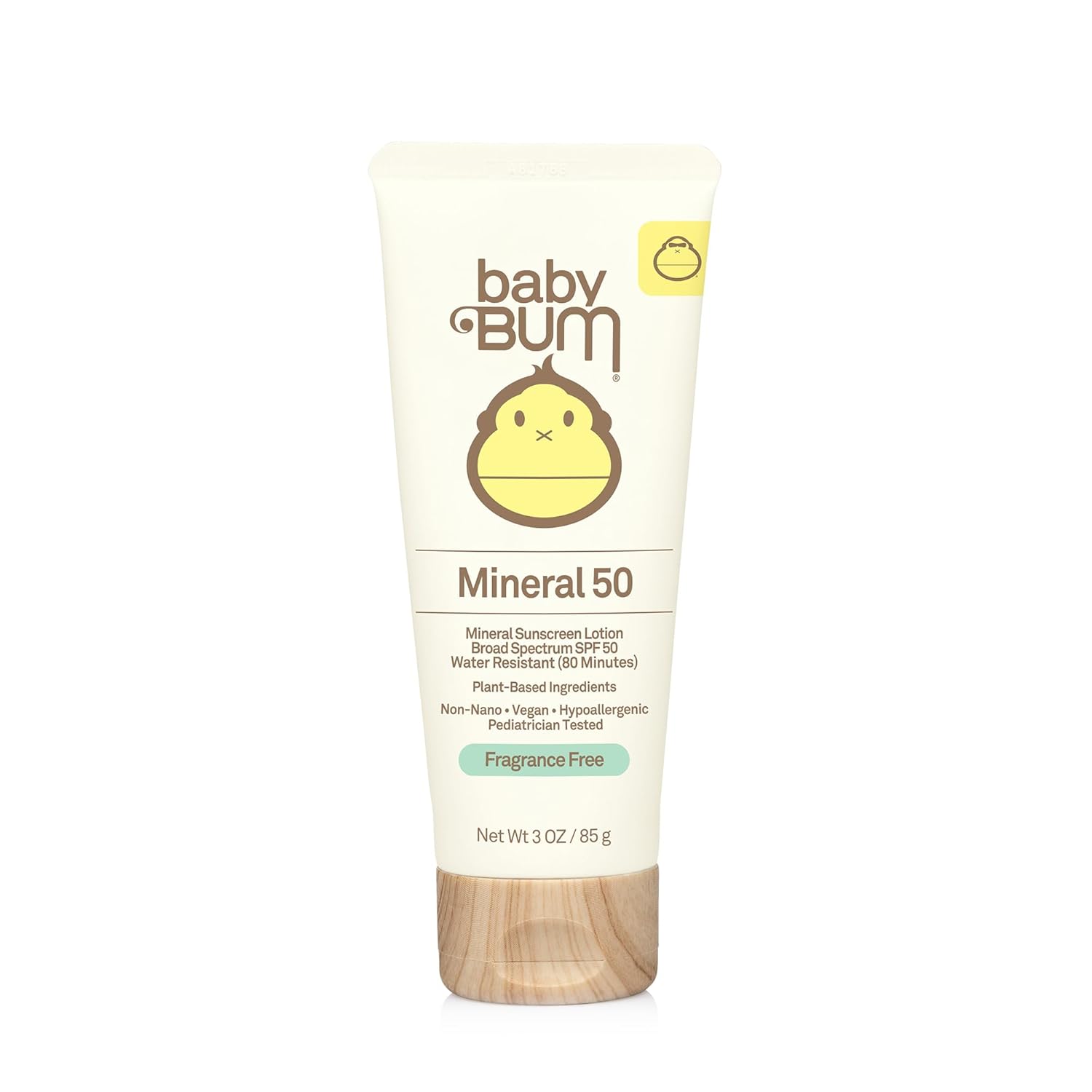



Price: $16.49
(as of Apr 12, 2025 13:00:47 UTC - Details)
The Best Sunscreen for Face: Your Ultimate Guide to Sun Protection
Introduction
When it comes to skincare, finding the best sunscreen for your face is essential. With so many options available, it can be overwhelming to choose the right product that not only protects your skin but also feels comfortable throughout the day. In this guide, we will explore various types of sunscreens, their benefits, and what to look for when selecting the perfect one for your face. Whether you have oily, dry, or sensitive skin, we’ve got you covered!
Understanding Sunscreen: What You Need to Know
1. Why Is Sunscreen Important for Your Face?
Sunscreen is often hailed as the superhero of skincare. It protects your skin from harmful UV rays, which can lead to premature aging, sunburn, and even skin cancer. Applying the best sunscreen for your face daily is crucial, regardless of the weather. Remember, UV rays can penetrate through clouds and windows, making sun protection a year-round necessity.
2. Different Types of Sunscreens
Mineral vs. Chemical Sunscreens
When searching for the best sunscreen for your face, you’ll encounter two main types: mineral and chemical. Mineral sunscreens contain active ingredients like zinc oxide and titanium dioxide, providing a physical barrier against UV rays. They are ideal for sensitive skin as they are less likely to cause irritation.
On the other hand, chemical sunscreens absorb UV rays and convert them into heat, which is then released from the skin. These can be lightweight and easier to apply but may cause irritation for some individuals. Knowing your skin type will help you choose the right sunscreen.
Broad-Spectrum Protection
Look for products labeled as “broad-spectrum.” This means they protect against both UVA and UVB rays. UVA rays are primarily responsible for aging, while UVB rays cause sunburn. A broad-spectrum sunscreen ensures you’re fully protected from the sun’s harmful effects.
3. SPF: What Does It Mean?
The Sun Protection Factor (SPF) indicates the level of protection a sunscreen provides against UVB rays. For everyday use, dermatologists recommend an SPF of at least 30. However, higher SPFs offer more protection. Just remember, no sunscreen can provide 100% protection. Reapplication is key, especially if you’re spending extended time outdoors.
Finding the Right Sunscreen for Your Skin Type
4. Best Sunscreen for Oily Skin
If you have oily skin, you might be concerned about using sunscreen as it can feel heavy or clog your pores. Look for lightweight, oil-free formulas that are labeled as non-comedogenic. Gel or water-based sunscreens are excellent options. They provide protection without adding extra shine to your face.
5. Best Sunscreen for Dry Skin
For those with dry skin, hydration is essential. Look for sunscreens that contain moisturizing ingredients like hyaluronic acid or glycerin. Cream-based sunscreens can provide the hydration your skin craves while still offering protection. Avoid products with alcohol, as they can further dry out your skin.
6. Best Sunscreen for Sensitive Skin
Sensitive skin requires special care. Choose mineral sunscreens with fewer ingredients to minimize the risk of irritation. Look for products that are fragrance-free and hypoallergenic. Always do a patch test before applying any new product to your face.
7. Best Sunscreen for Combination Skin
Combination skin can be tricky, but you don’t have to compromise. Opt for a lightweight sunscreen that hydrates dry areas without making oily spots greasy. A balanced formula that caters to both needs will keep your skin happy and protected.
How to Apply Sunscreen Effectively
8. The Correct Amount of Sunscreen
Applying the right amount of sunscreen is crucial for maximum protection. A general rule is to use about a nickel-sized amount for your face. Don’t forget your ears, neck, and any exposed areas. Make sure to apply sunscreen at least 15 minutes before stepping outside to allow it to absorb properly.
9. Reapplication Is Key
Even the best sunscreen for your face won’t last all day without reapplication. Aim to reapply every two hours, especially if you’re sweating or swimming. Consider using a powder sunscreen or a spray for easy on-the-go application.
Conclusion
In conclusion, finding the best sunscreen for your face is vital for maintaining healthy skin. Remember to consider your skin type, choose a broad-spectrum sunscreen with an appropriate SPF, and apply it correctly for the best results. Whether you opt for a mineral or chemical sunscreen, daily application will keep your skin protected from the sun's harmful rays. Stay safe and enjoy the sunshine!
BABY BUM SPF 50 SUNSCREEN LOTION. Our convenient, travel sized sunscreen is 100% mineral based protection for your little ones. The lotion applies and absorbs easily to face and body with a non-oily feel for UVA/UVB protection.
GENTLE, PLANT-BASED SKIN CARE. Our plant-based formula contains natural zinc oxide, coconut oil, shea butter and cocoa butter to nourish and hydrate all skin types. Vegan, Cruelty, Gluten and Dye Free to meet the needs of delicate baby skin.
HOW TO USE. Dispense into hands and apply directly to skin, covering all areas, and rub in until absorbed. Apply 15 minutes before sun. Reapply after 80 minutes of swimming, and immediately after a towel dry.
FORMULATED FOR OUR RAD LITTLE KIDS. Specifically formulated for kids, toddlers and babies with naturally moisturizing ingredients. Pediatrician and Dermatologist tested. Paraben, Sulfate, Silicone and Phthalate free.
TRUST THE BUM. What does that mean? It means trust us, the ones who live on the beach and need products that work on the most intense days in the sun. The simple truth is, when you make products to protect the ones you love, you make ‘em better.
